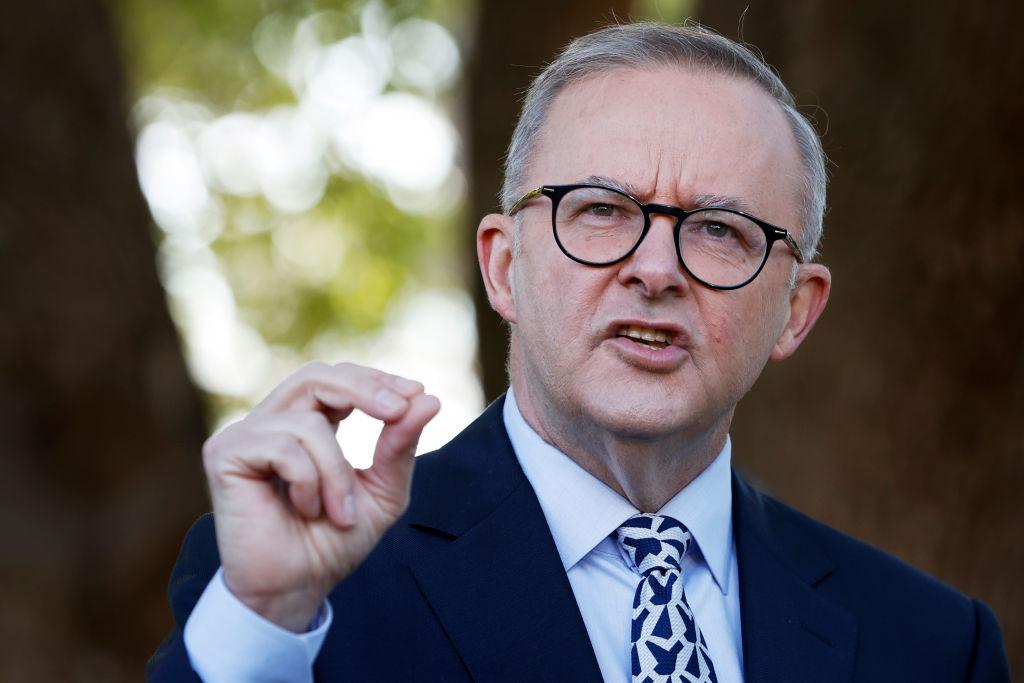The Labor Party is simply “throwing money” at Australia’s universal healthcare program Medicare with its near $1 billion (US$700 million) election funding pledge, which one Howard-era advisor says will do little to reform the system despite the hefty price tag.
In an announcement on May 14, the centre-left Labor Party followed up its pledge to “strengthen Medicare” early in the election campaign with a $750 million and $220 million funding proposal to address supposed “rolling cuts and attacks” by the Morrison government.





